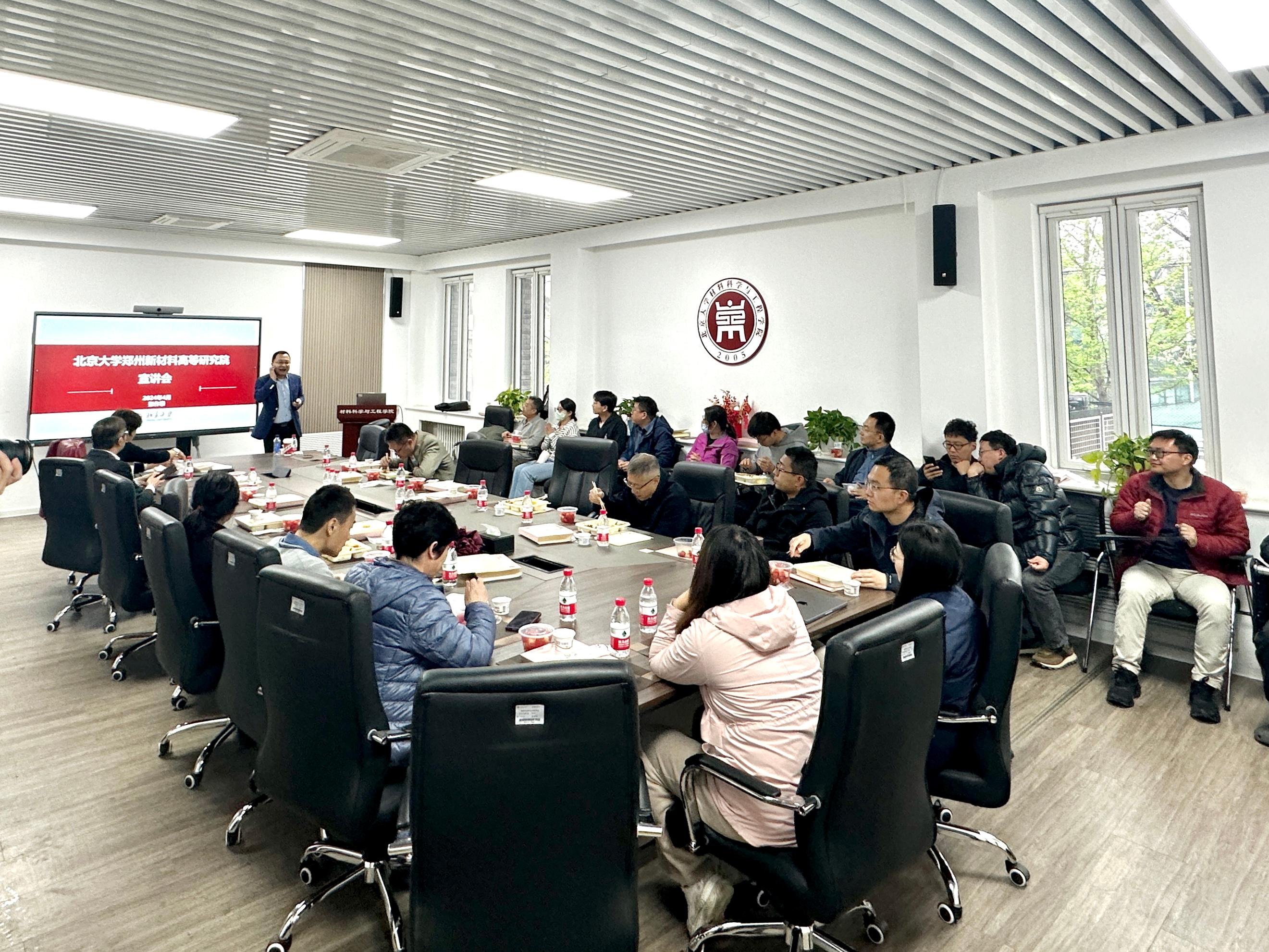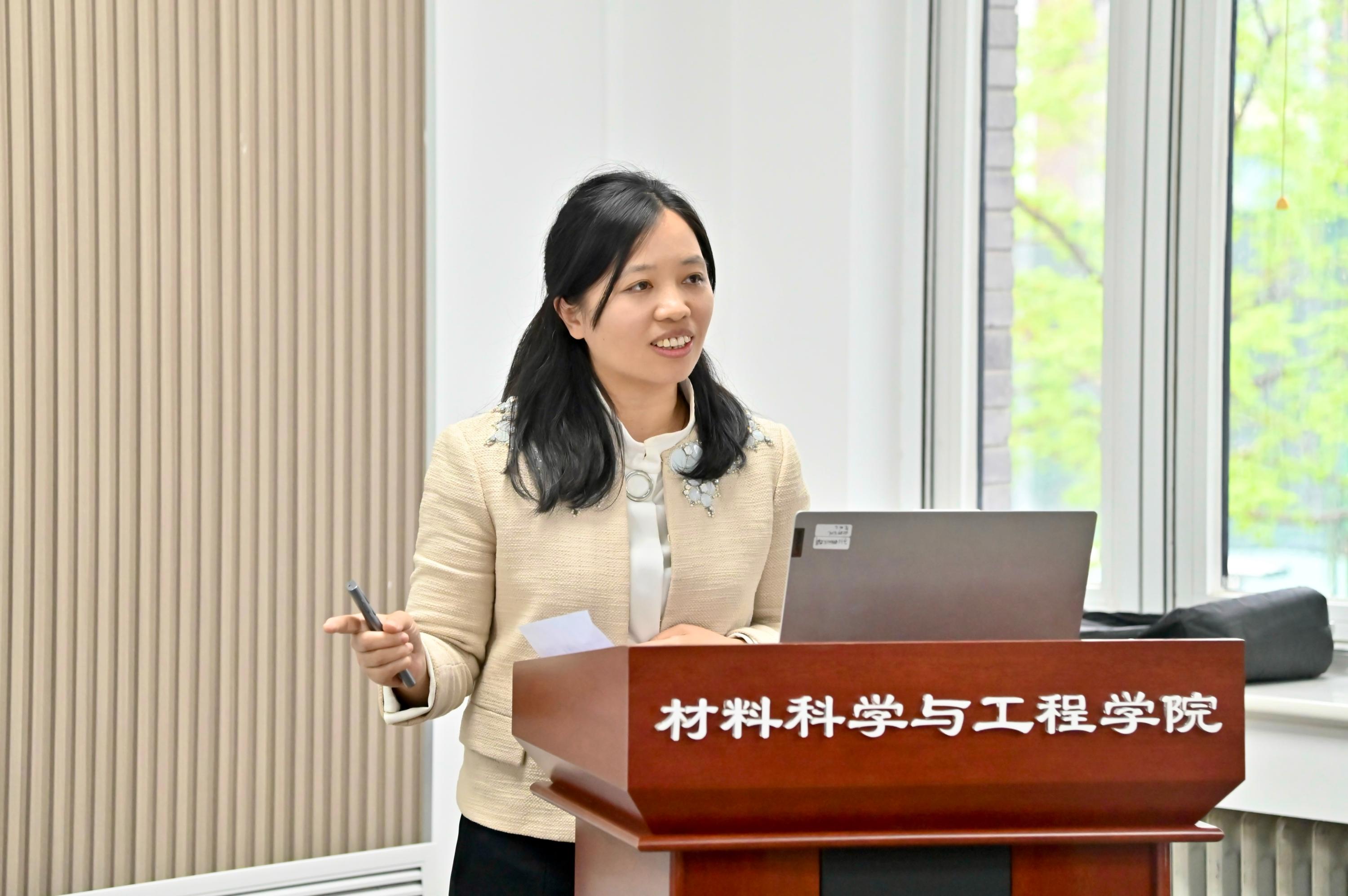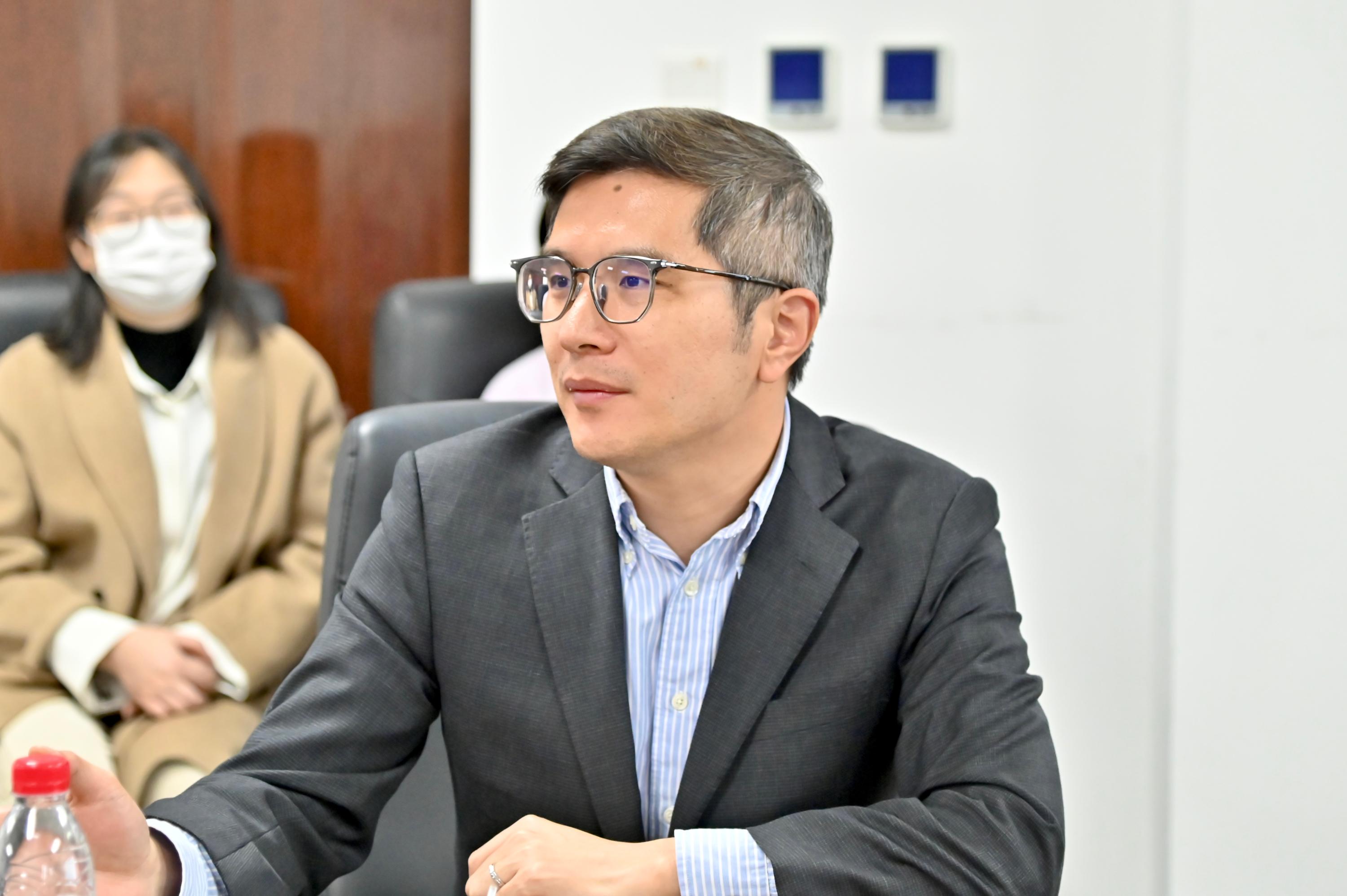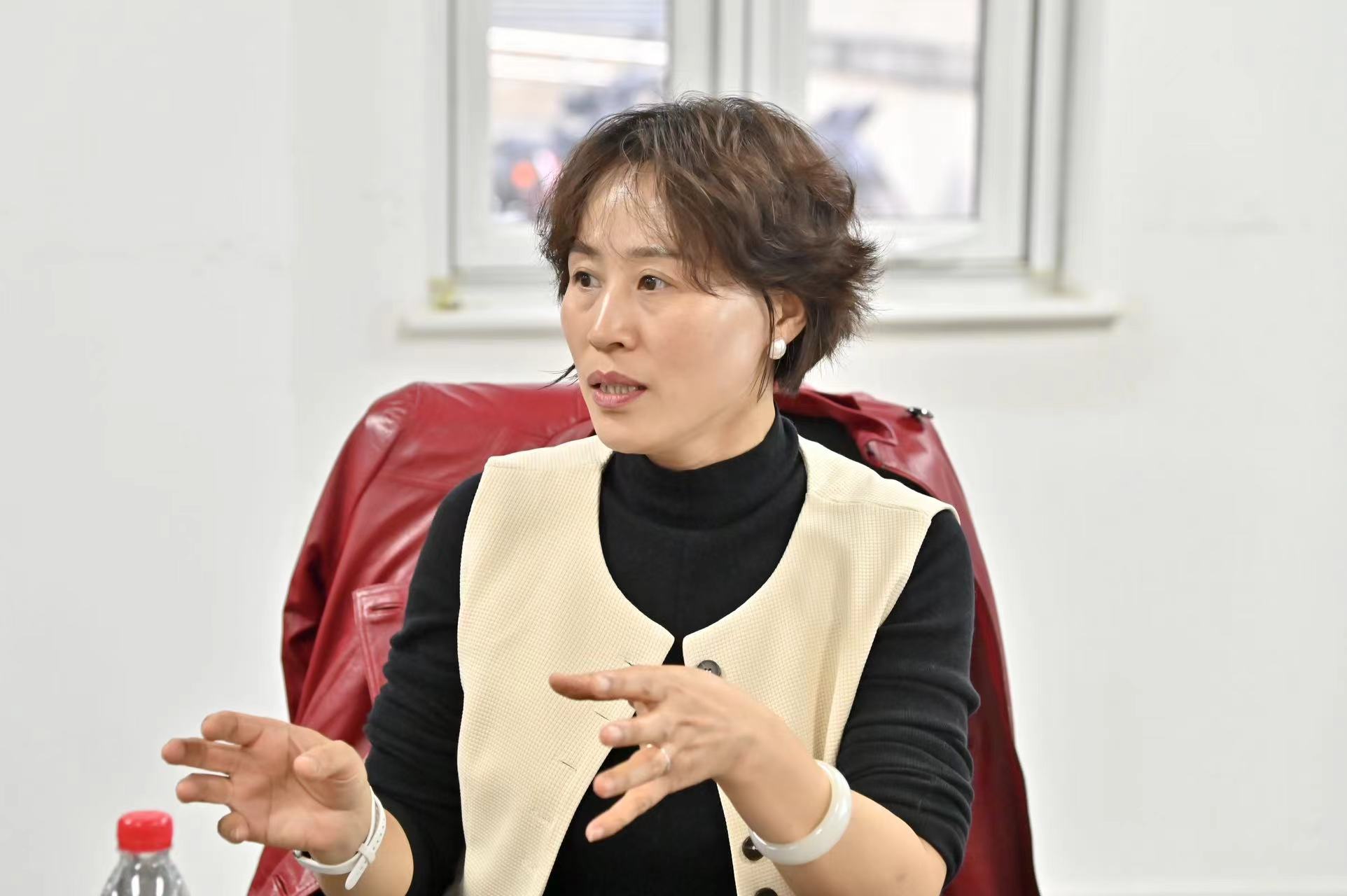On April 10th, the School of Materials Science and Engineering (PKU) held a seminar on introducing and exchanging information about off-campus research institutions in Room 137. Present at the meeting were Vice Minister Li Xiaoqiang from Peking University's Office of Science and Technology Development, Director Wang Xinru from the Office of Off-Campus Research Institution Management, and nearly 50 faculty members from the School of Materials Science and Engineering. The seminar was chaired by Vice Dean Zhou Huanping from the School of Materials Science and Engineering.

The Seminar
Zhou Huanping comprehensively introduced the Peking University Kunshan Concept Verification Center(best365网页版登录昆山概念验证中心) and the Peking University Zhengzhou Advanced Research Institute of New Materials(best365网页版登录郑州新材料高等研究院). She discussed their establishment background, distinctive features, organizational structure, concept verification process, center goals, and work plans.

Zhou Huanping was giving a presentation.
She introduced that the Peking University Kunshan Concept Verification Center will leverage Peking University's advantageous disciplines, focus on key industries in Kunshan's development, vigorously promote the concept verification and incubation of relevant projects, facilitate the landing of startup enterprises in Kunshan, engage in industry-academia-research exchanges, and drive industrial technological upgrades.
In addition, the School of Materials Science and Engineering (PKU) established the PekingUniversity Zhengzhou Advanced Research Institute of New Materials, which fully integrates the strengths of Henan Province, Zhengzhou City, and Peking University at the provincial, municipal, and university levels. The institute aims to become a leading domestic platform for innovation talent aggregation, cutting-edge technology R&D, technology transfer, and enterprise incubation in fields such as new materials, new energy, life sciences, health, and artificial intelligence. Simultaneously, Henan Province and Zhengzhou City are strongly supporting the construction and development of the institute. They provide comprehensive support in terms of funding assurance, site allocation, talent incentives, and research project applications, ensuring multi-level and all-round robust support for the institute.


Li Xiaoqiang and Wang Xinru communicatedwith the faculty members.
Later, the faculty members engaged in active discussions on several topics including industry-academia collaboration and establishing enterprises in different locations. Li Xiaoqiang and Wang Xinru provided detailed answers to their questions regarding school patent transformation, enterprise incubation, and other policies, encouraging teachers to actively pursue the transformation of scientific and technological achievements.